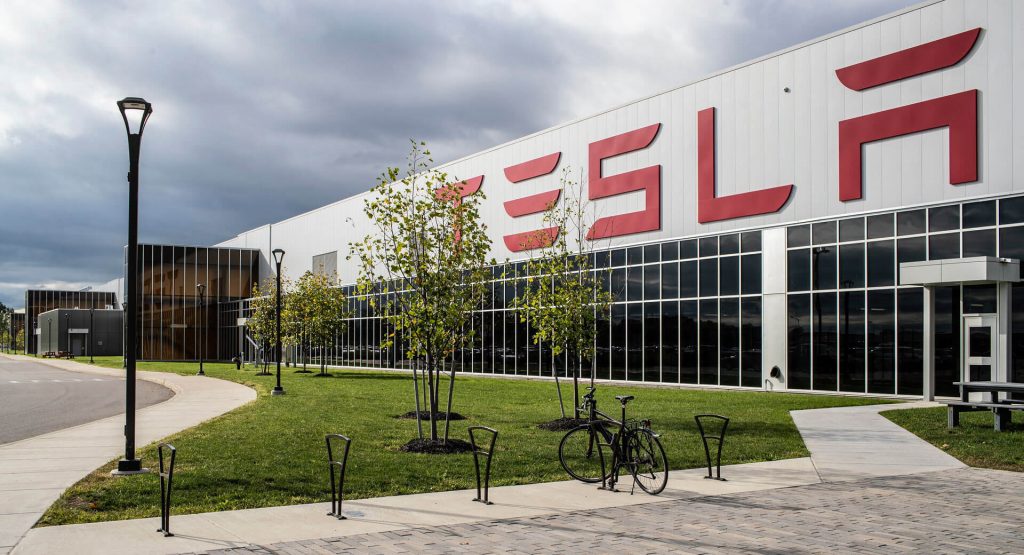Elon Musk’s insistence that Tesla workers currently operating from home risk being fired if they don’t return to the office hasn’t been received well in Germany, where the company recently opened a new factory.
The Tesla CEO sent out emails to staff earlier this week demanding they spend at least 40 hours per week in the office, and since workers at the firm’s North American plants aren’t unionized, there’s potentially not much that employees can do but obey.
Workers in Tesla’s new Berlin factory, however, might not be so easy to push around. Reuters reports that while Germany doesn’t have any specific laws in place giving workers a right to work from home, the labor ministry has plans to introduce new policies that would guarantee more flexibility for workers.
A more immediate problem for Musk is that employees at the Berlin plant recently elected 19 people to its first workers’ council, and one of the unions to which some of the staff belong has announced it will support any employee who opposed Musk’s demand. And since there are 4,000 people currently employed by Tesla in Germany, a number the company wants to grow to 12,000, the union in question, IG Metall, could find itself very busy.
Related: Tesla Model 3 With Tank Tracks Is A Wonderfully Bizarre Creation
Elon has sent this second email out to the Tesla team pic.twitter.com/BBGtyZngpu
— Whole Mars Catalog (@WholeMarsBlog) June 1, 2022
“Whoever does not agree with such one-sided demands and wants to stand against them has the power of unions behind them in Germany, as per law,” Birgit Dietze, the district leader for IG Metall in Berlin-Brandenburg-Sachsen, told Reuters.
Musk’s belief that workers should be present in the office is contrasted by the stances adopted by other automakers like BMW, Mercedes, and Volkswagen.
“We have a fundamentally different view on creating an attractive working environment and stand for empowerment and personal responsibility in our teams to balance the ratio of mobile and in-person work,” Gunnar Kilian, Volkswagen Group human resources chief, told Reuters, while a spokesman for Mercedes told the news agency that “hybrid working is the working model of the future.”




